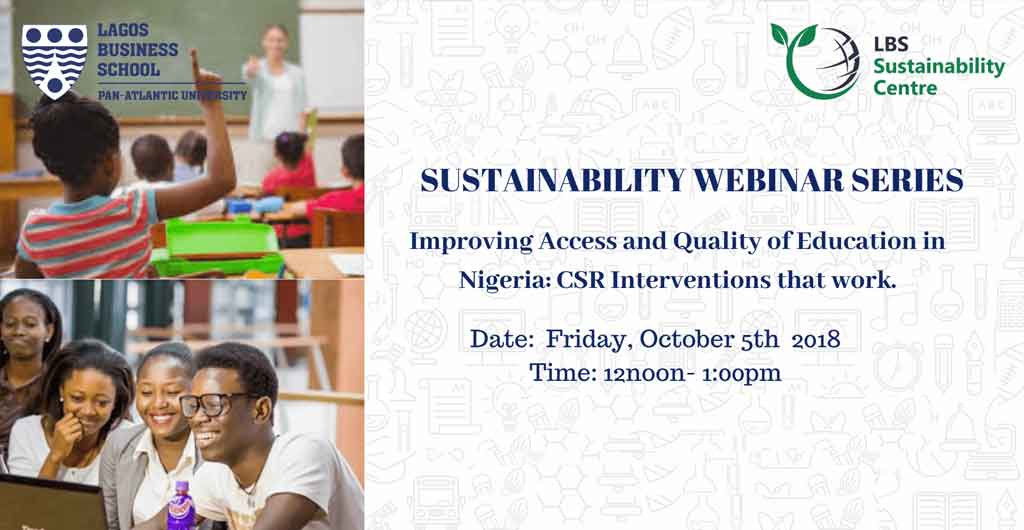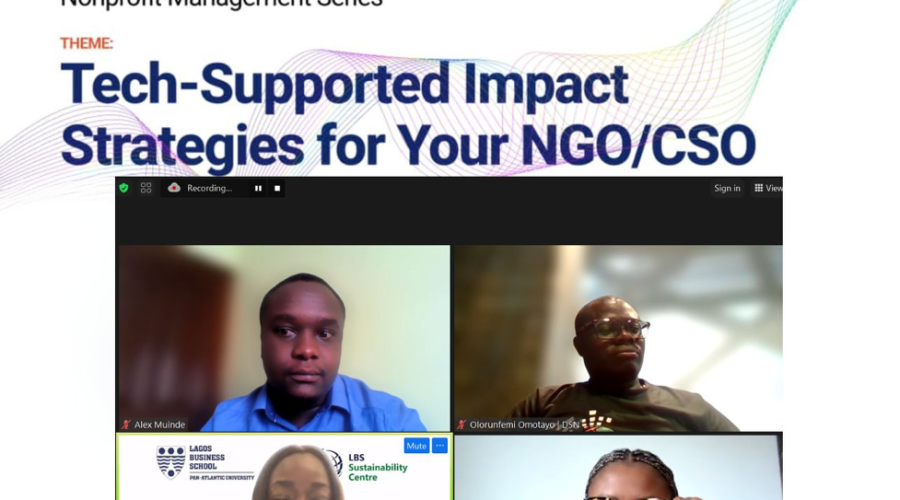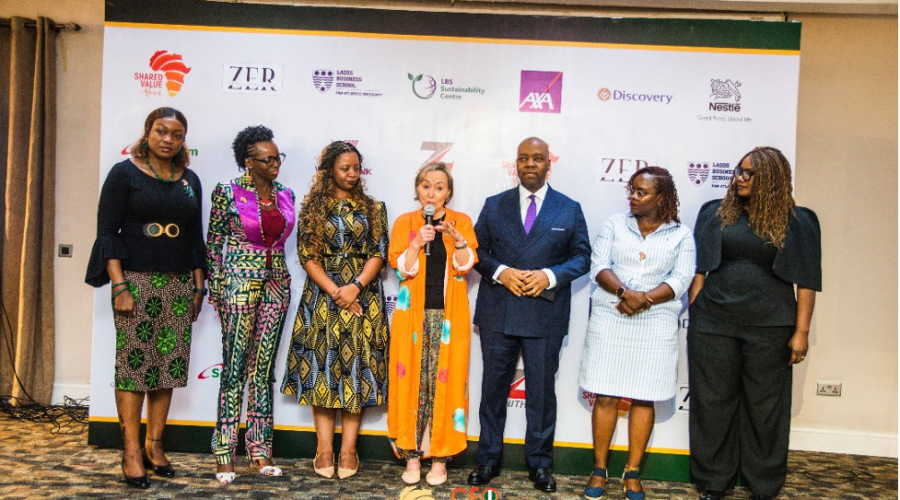Government has a lot of policies that can transform public education in Nigeria but a lot of these policies are not implemented.
Businesses can have a role in implementing some of these beneficial policies through strategic partnerships with the government and Non-governmental organisations
Businesses in Nigeria have carried out a lot of interventions in the public education system. However, these interventions have to be holistic and integrated to achieve the needed impact.
Business intervention in education must be strategic and long term focused to be effective and impactful.
Organisations who want to intervene in the sector must find their area of competence as an organisation, identify a strategic goal for the intervention and focus their resources in achieving these strategic goals.
Initial stakeholder engagement is essential for business and organisations implementing initiatives in the sector. This is essential to develop initiatives that truly solve the problems in the sector. Most organisations are ill prepared for the staggering statistics they find once they begin to implement their initiatives.
Communications is essential to foster partnerships and scale up initiatives in the sector. Once other organisations and NGOs know what you do as an organisation, it becomes easier to garner support for scaling up the initiatives.
Businesses want to support the education sector in Nigeria but are surprisingly limited by members of the community and government.
Recommended Actions Going Forward
- Nigeria spends less than $50 dollars per child in funding public education, this is insufficient. Partnerships are essential for financing education; already there are global partnerships for education but there is none in Nigeria. There is an urgent need for a network of education by businesses to create real transformation in the sector.
- Businesses and organisations should focus on influencing more systemic challenges in the education sector in Nigeria. Pouring more money in broken systems only devalues spending in education.
- Businesses in Nigeria have the power to influence policies that directly impact the education system and hold government accountable to the masses. Businesses leaders should begin to exploit this power.






